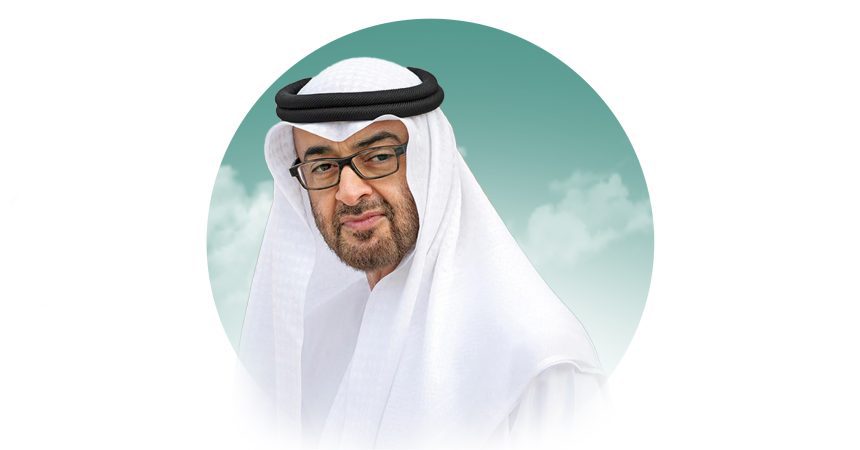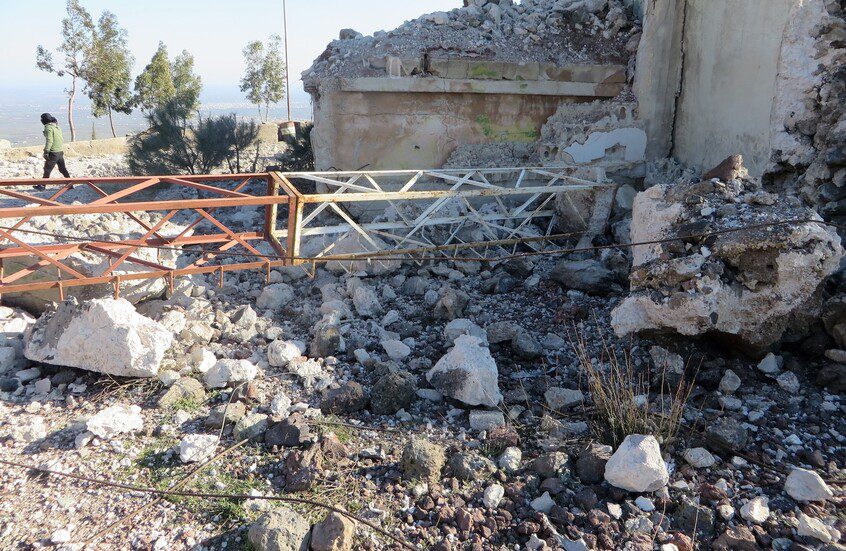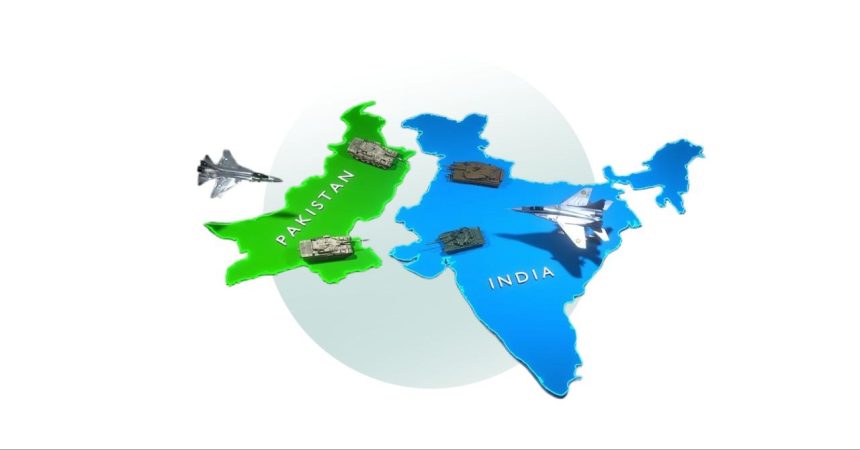The roots of India and Pakistan conflict trace back to the partition of British India in 1947, which led to the creation of the two nations.
The princely state of Jammu and Kashmir, with a majority Muslim population but a Hindu ruler, became a contentious point.
The Maharaja’s decision to accede to India sparked the first Indo-Pakistani war.
Subsequent wars in 1965 and 1971, along with the 1999 Kargil conflict, have further entrenched hostilities.
The region remains divided, with both countries administering parts of Kashmir but claiming it in full.
India and Pakistan Recent Escalation: Operation Sindoor (May 2025)
Tensions have recently escalated following a deadly terrorist attack on April 22, 2025.
This attack happened in Pahalgam, Indian-administered Kashmir and 26 Hindu tourists were killed.
India attributed the attack to Pakistan-based militant groups, prompting a series of military actions:
Operation Sindoor:
On May 7, India launched air and missile strikes targeting alleged terrorist infrastructure in Pakistan and Pakistan-administered Kashmir.
India claimed the operation was a measured response aimed at dismantling militant networks.
Pakistan’s Response:
Pakistan condemned the strikes as an unprovoked act of war, reporting civilian casualties and damage to infrastructure, including mosques.
The Pakistani military claimed to have shot down several Indian aircraft and vowed retaliation.
Diplomatic Fallout:
Both nations have taken reciprocal diplomatic measures, including the expulsion of diplomats, suspension of visas, and closure of border crossings.
India also announced the suspension of the Indus Waters Treaty, affecting water-sharing arrangements.

International Reactions:
The international community has expressed deep concern over the escalating tensions:
The UAE calls for restraint between India and Pakistan.
HH Sheikh Abdullah bin Zayed Al Nahyan, Deputy Prime Minister and Minister of Foreign Affairs, called on India and Pakistan to exercise restraint and de-escalation, and to avoid further escalation that could threaten regional and international peace.
His Highness emphasized the importance of heeding voices that call for dialogue and understanding, as a crucial step to avoid military escalation, reinforce stability in the South Asia region, and spare the area from further tensions.
He stressed that diplomacy and dialogue are the optimal means to reach peaceful solutions to all crises.
Contributing to the aspirations of nations for peace, stability, and prosperity.
His Highness also affirmed that the UAE will continue its efforts to support all initiatives aimed at achieving peaceful resolutions to regional and international conflicts and mitigating the resulting humanitarian impacts.

United Nations: Secretary-General António Guterres called for maximum restraint from both sides.
Emphasizing the need to avoid a military confrontation.
Global Powers: The United States and China have urged both nations to de-escalate and engage in dialogue.
Highlighting the risks of further conflict in a nuclearized environment.
As of now, the situation remains volatile, with ongoing military posturing and skirmishes reported along the Line of Control.
Both nations “India and Pakistan” have heightened security measures, and the risk of miscalculation remains high.
International observers continue to monitor the developments closely, advocating for renewed diplomatic engagement to resolve the longstanding issues.





